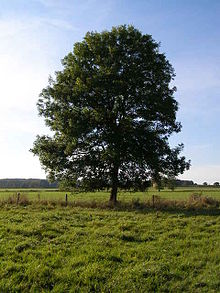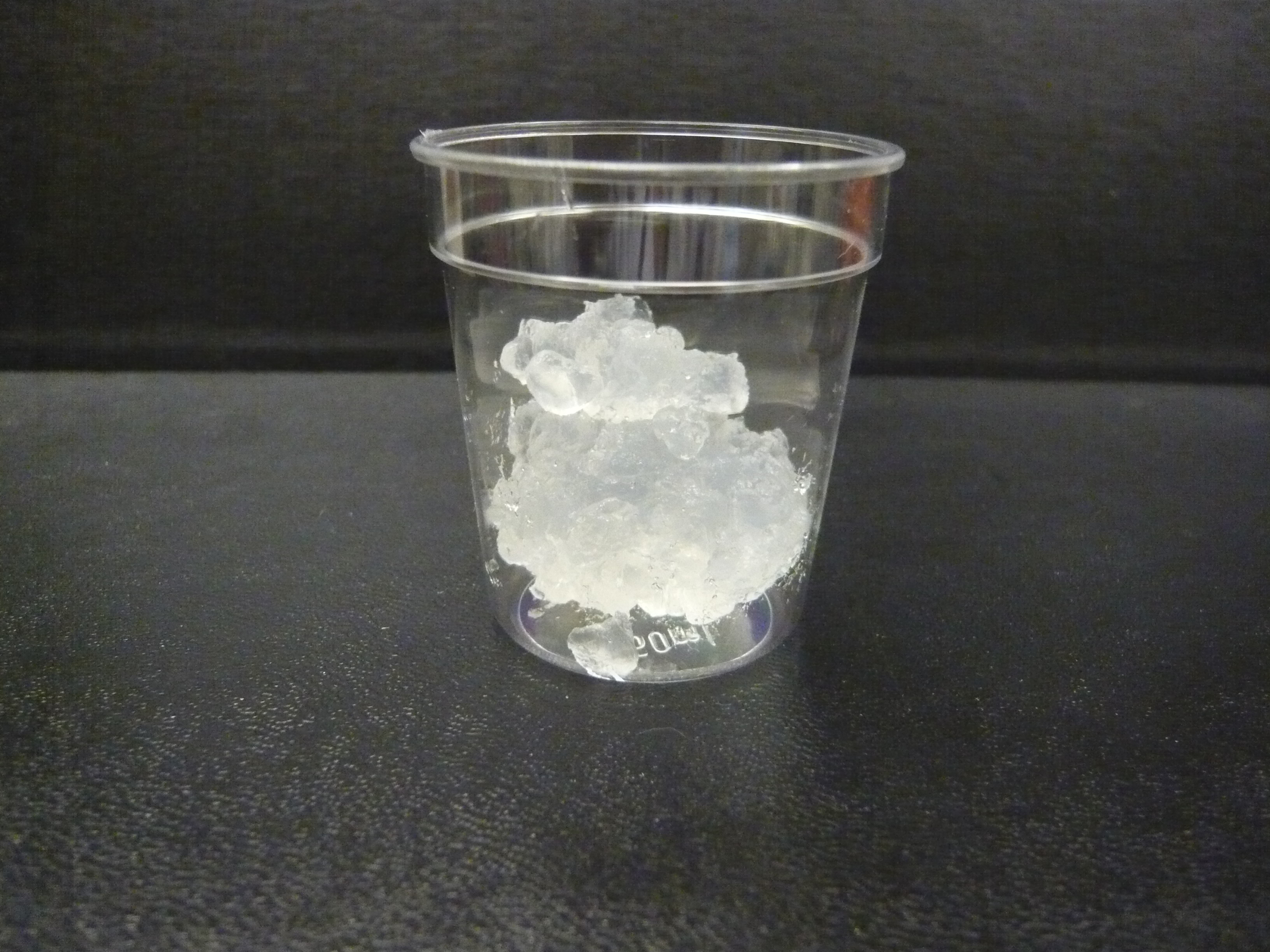Wood Pulp - Nanomaterial
A new wood product is giving competition to plastics, metals, and even carbon nanomaterials. The remarkable product, called nanocrystalline cellulose (NCC), is derived from wood pulp. The pine needle-shaped crystalline mass can be separated from massive wood, twigs, or even sawdust. In the form of a thick paste, it can be applied to surfaces or molded into various shapes. The material can also be produced in the form of powder, gel, or film. The pure cellulose crystal fibers are only two nanometers long, 5000 times less than the thickness of a human hair.
The NCC material has eight times the tensile strength of steel due to its tightly packed crystals. It therefore finds application as lightweight body armor and a general reinforcing component. The material can also be fabricated into unbreakable glass since it is transparent. Anywhere strong plastic or metal is commonly used, from aircraft to plastic bags, nanocrystalline cellulose provides an inexpensive, biodegradable substitute. Unlike plastics, nanocrystalline cellulose also is a heat insulator and good conductor of electricity. The purified form of wood therefore finds application as a flexible computer component.
Companies in the U.S. and Canada are producing the useful wood pulp product in bulk. This amazing material has provided strength and flexibility to trees since the Creation Week. We now realize the value of nanocrystalline cellulose for a host of modern products.


Ferguson, Will. 2012. Nature’s wonder stuff. New Scientist 215(2878):24.